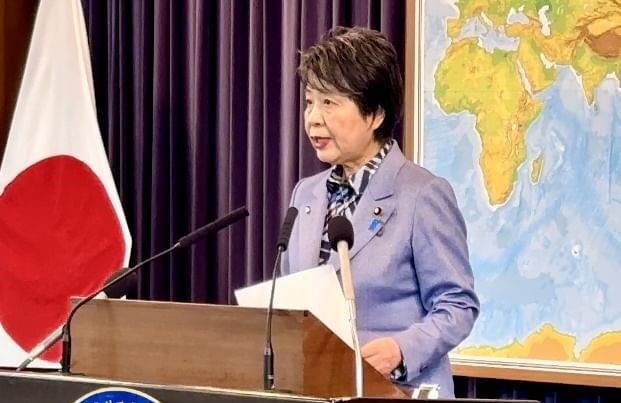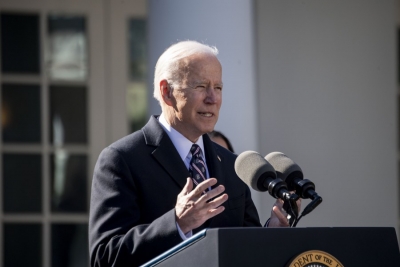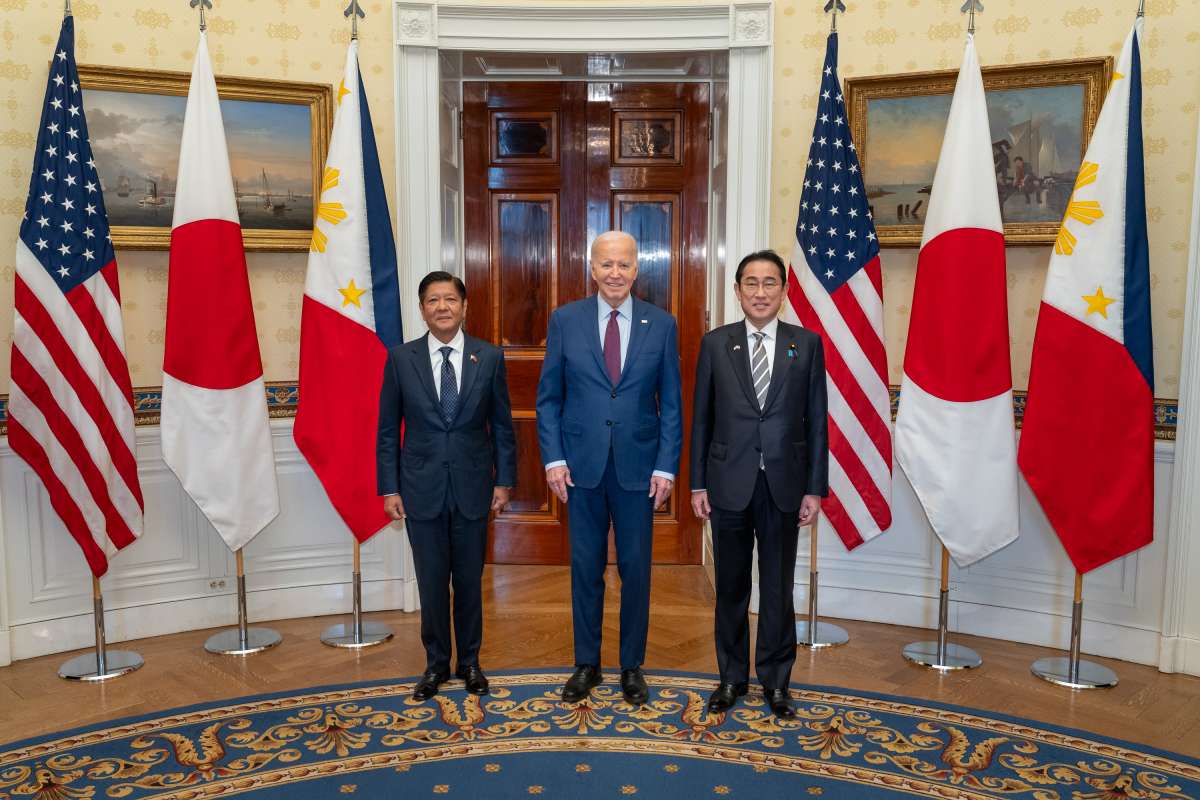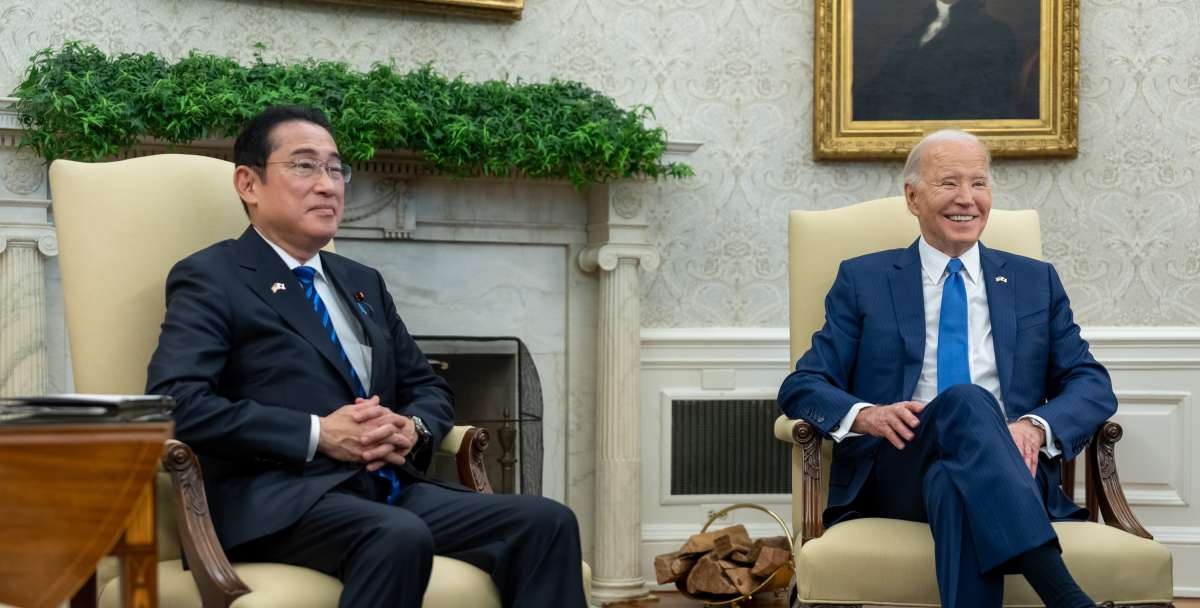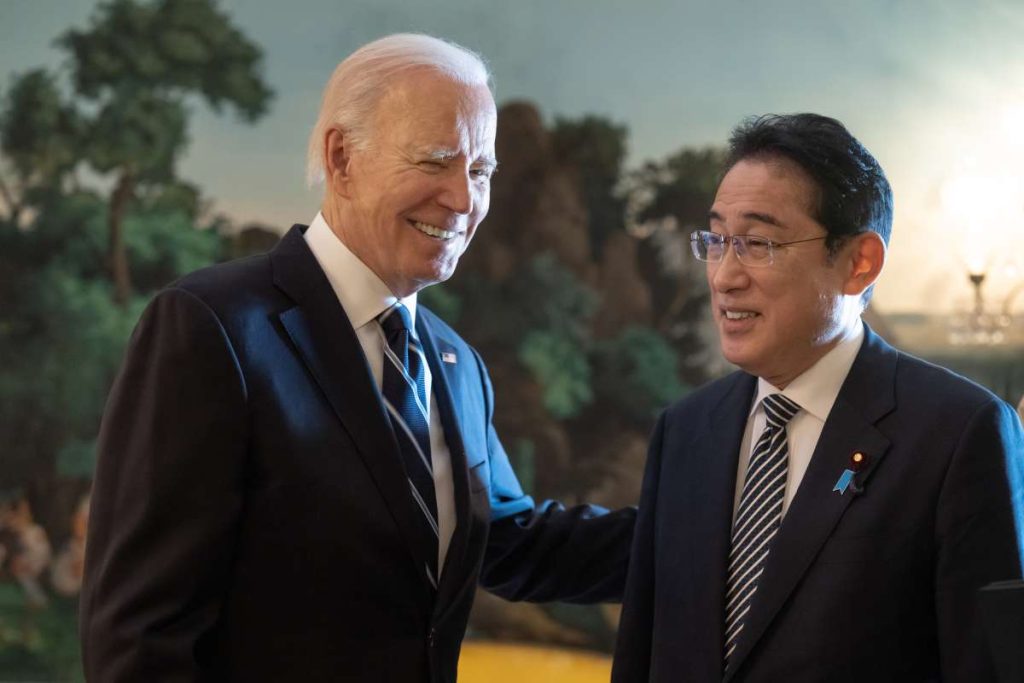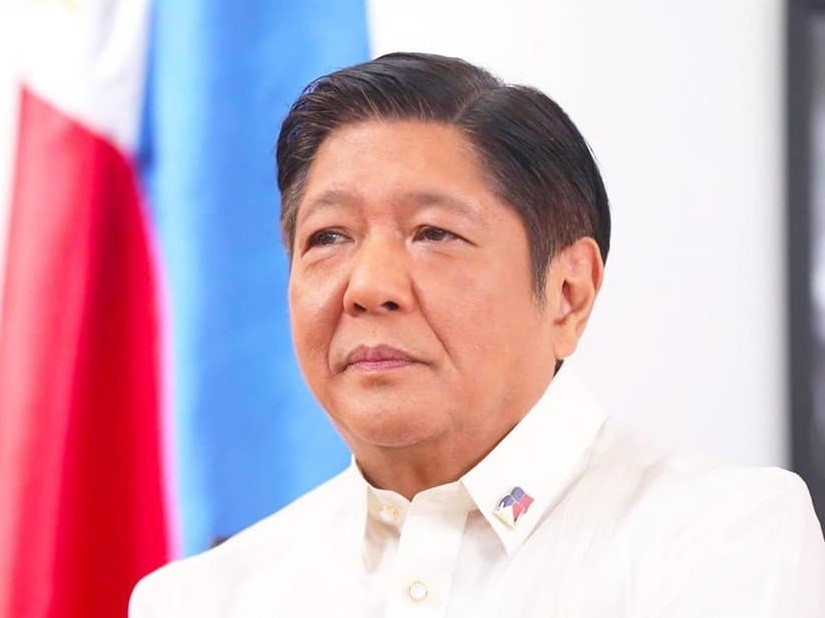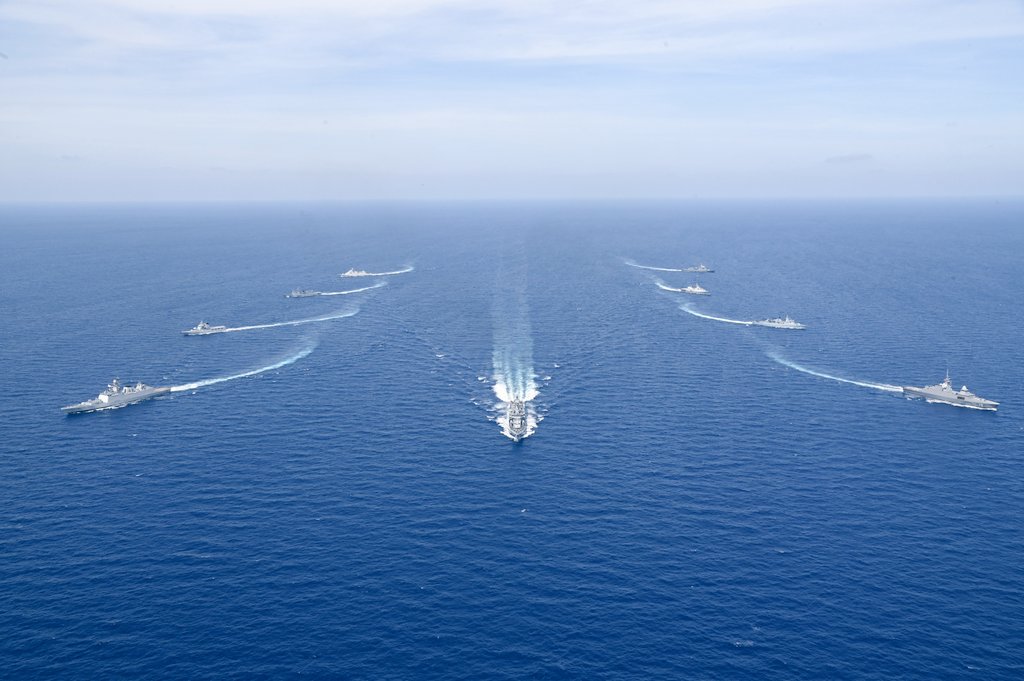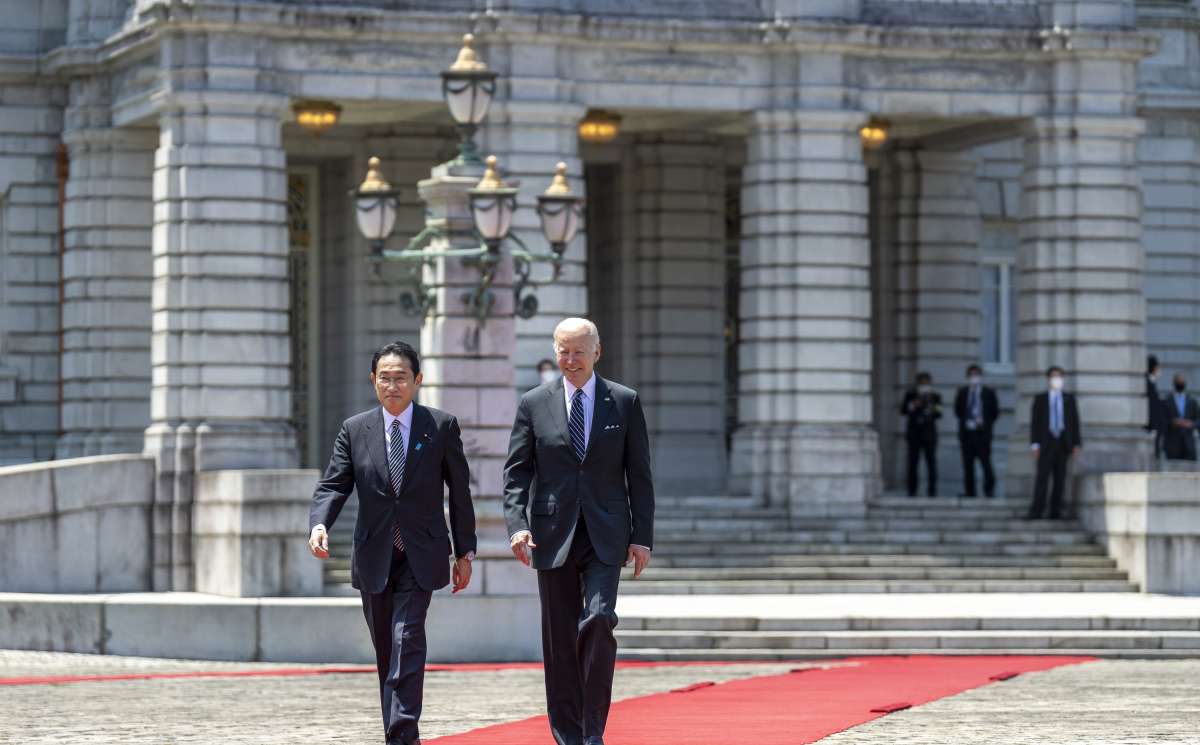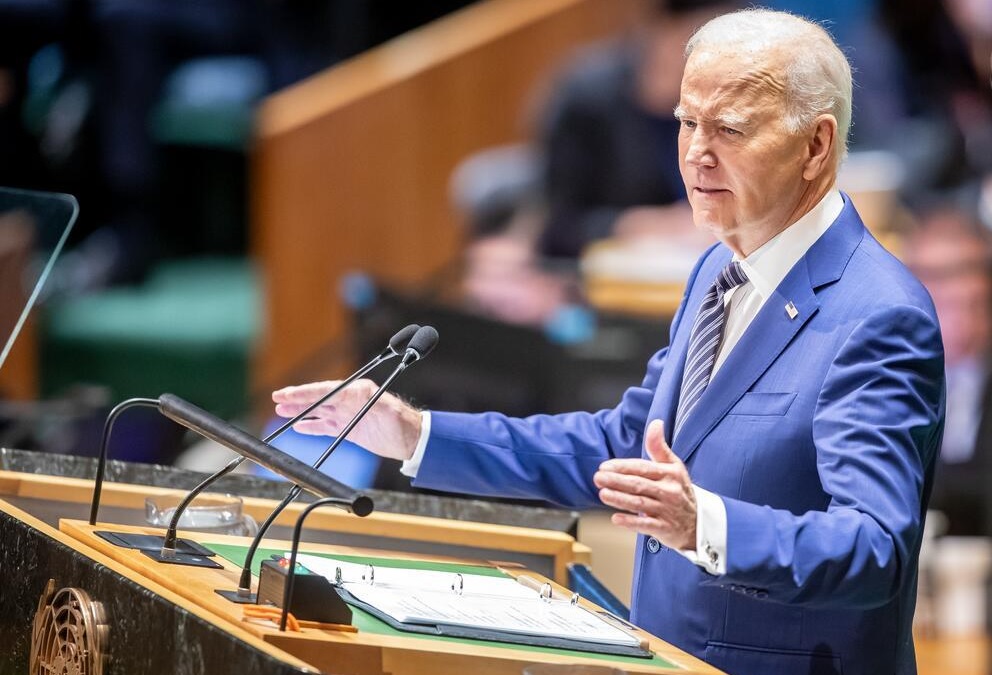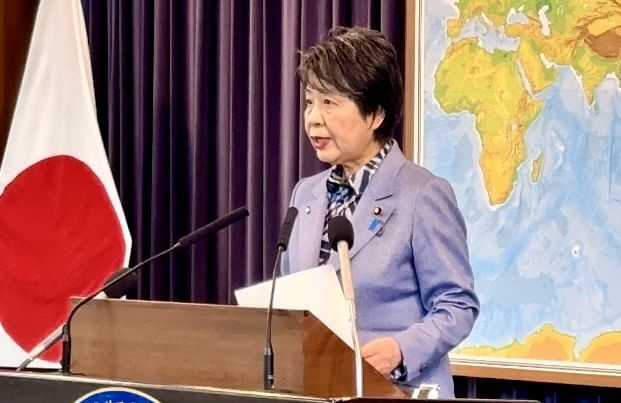The Bluebook reportedly criticises China’s actions in the South China Sea and its efforts to alter the status quo in the East and South China Sea…reports Asian Lite News
China is challenging Japan’s recent evaluation of the threat posed to the Indo-Pacific region by Beijing, dismissing it as a hyped-up threat and a false accusation, Voice of America reported.
According to Japanese media reports and the Japanese Foreign Ministry’s annual Diplomatic Bluebook (an annual report on Japan’s foreign policy and international diplomacy published by the Ministry of Foreign Affairs in Japan), released on Tuesday, China’s military activities are described as the “greatest strategic challenge.”
However, an official English version of the report has not been made public, as per Voice of America.
The Bluebook reportedly criticises China’s actions in the South China Sea and its efforts to alter the status quo in the East and South China Sea.
Following this, Japanese media says that for the first time since 2019, Japan seeks to build “a mutually beneficial relationship” with China “based on common strategic interests.”
According to Voice of America, Chinese Foreign Ministry spokesperson Lin Jian rebuffed Japan’s criticisms during a news briefing on Tuesday. Lin stated, “Japan has resorted to the same old false accusations against China and hype of the ‘China threat’ in its 2024 Diplomatic Bluebook.”
Further, he affirmed, “We urge Japan to change its wrong course of action, stop stoking bloc confrontation, truly commit itself to advancing a strategic relationship of mutual benefit with China and work to build a constructive and stable China-Japan relationship fit for the new era.”
Director of the Japan Programme at the Washington-based Stimson Centre, Yuki Tatsumi, said, “Japan’s concerns about Chinese behaviour, both military and paramilitary, have been intensified for the last few years due to the acceleration of Beijing’s aggressive behaviour in the East and South China Sea.”
“In addition, Tokyo has been put on alert about Beijing’s increasingly hostile and aggressive rhetoric and behaviour towards Taiwan.” she added.
According to a Thursday report by The Japan Times citing unnamed Japanese officials., Japanese Defence Minister Minoru Kihara and US Defence Secretary Lloyd Austin could meet in early May in Hawaii.
According to the report, Kihara and Austin would discuss setting up a proposed allied command and control structure and a body to identify the kinds of weapons the two countries will develop and produce together.
These plans were announced on April 10 at a bilateral summit in Washington.
The Japanese Maritime Self-Defence Force (JMSDF) announced on Tuesday that it will conduct a naval deployment including six surface ships, submarines, and two air units starting May 3 to support a free and open Indo-Pacific.
The deployment includes visits to more than a dozen countries, including the U.S., the Philippines, India, Papua New Guinea, Tonga, the Marshall Islands, Fiji and Palau. It is meant “to strengthen cooperation with the allied partner navies through conducting exercises,” said JMSDF.
Daniel Sneider, lecturer in international policy and East Asia Studies at Stanford University, said even as Tokyo is building its defences and is concerned about Beijing’s assertiveness and especially its relations with Moscow, its mention in the Diplomatic Bluebook of wanting to build relations with Beijing reflects Tokyo’s balanced approach towards China.
“The Bluebook reflects a balance between, on one hand, some degree of warning the Chinese off doing things that disrupt the order” in the region “and, on the other hand, making it clear that Japan really is not interested in some type of full-scale confrontation with China,” including economic warfare, said Sneider.
As to China, it tends to see “any attempts on the part of the Koreans and the Japanese to engage and improve relations as a sign of weakness,” continued Sneider.
China, Japan and South Korea plan to hold trilateral talks in May for the first time since 2019. They will meet in Seoul ahead of a Washington-Seoul-Tokyo trilateral summit expected in July. (ANI)

